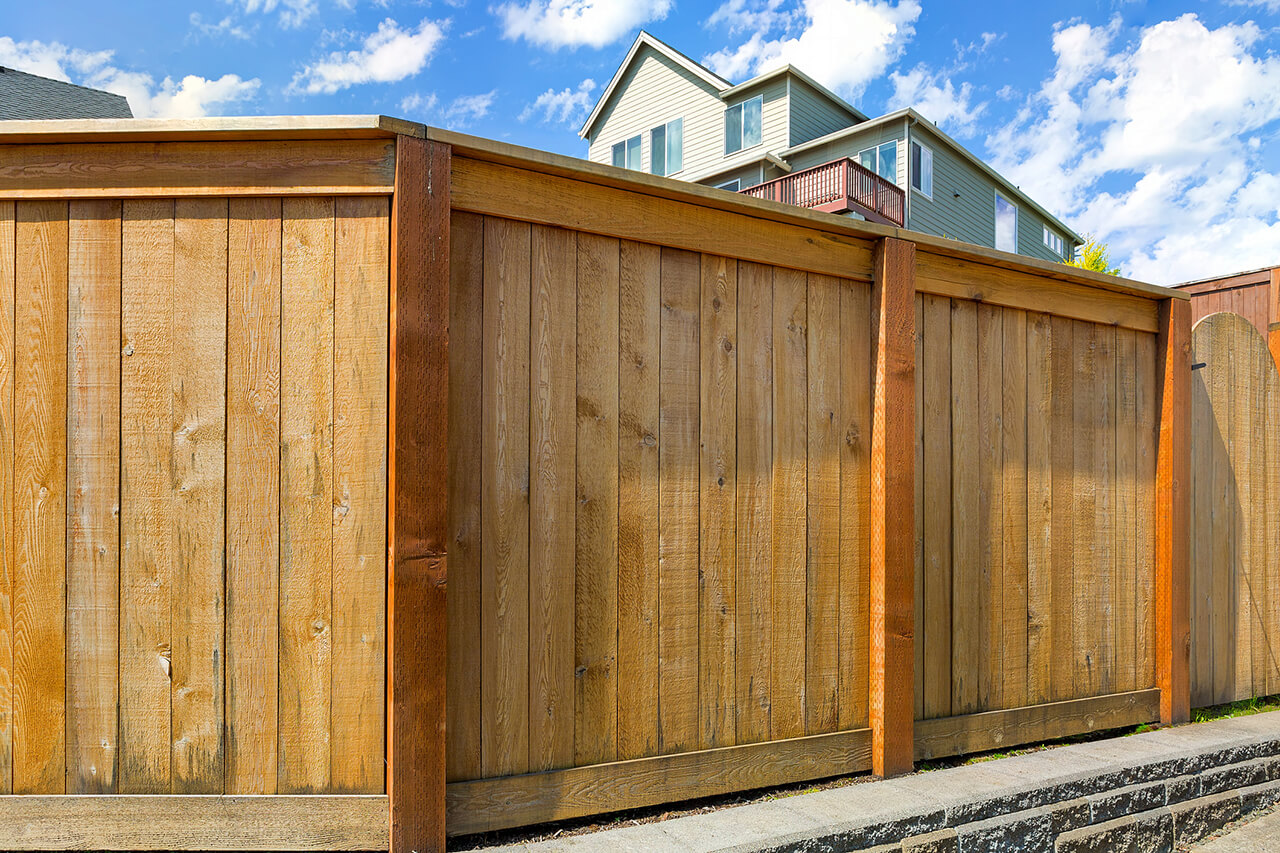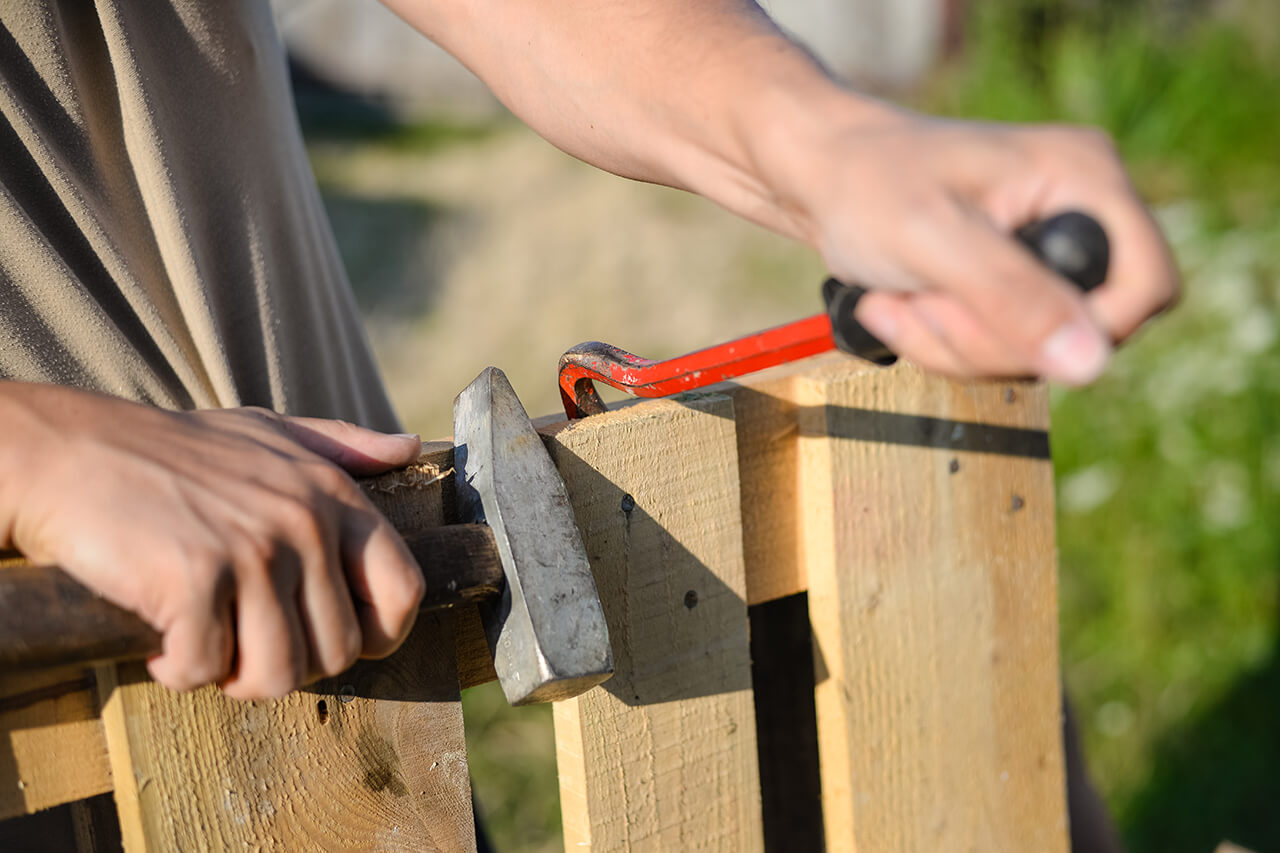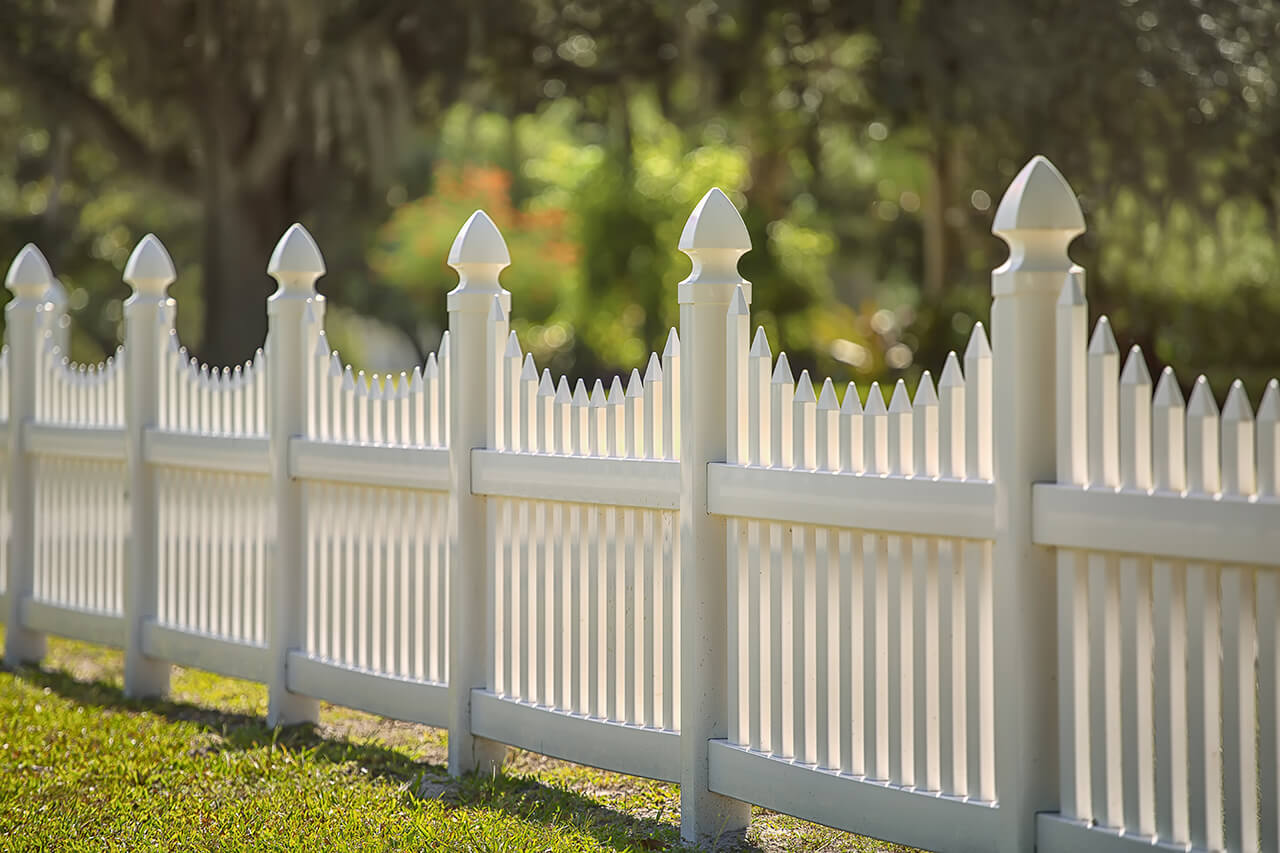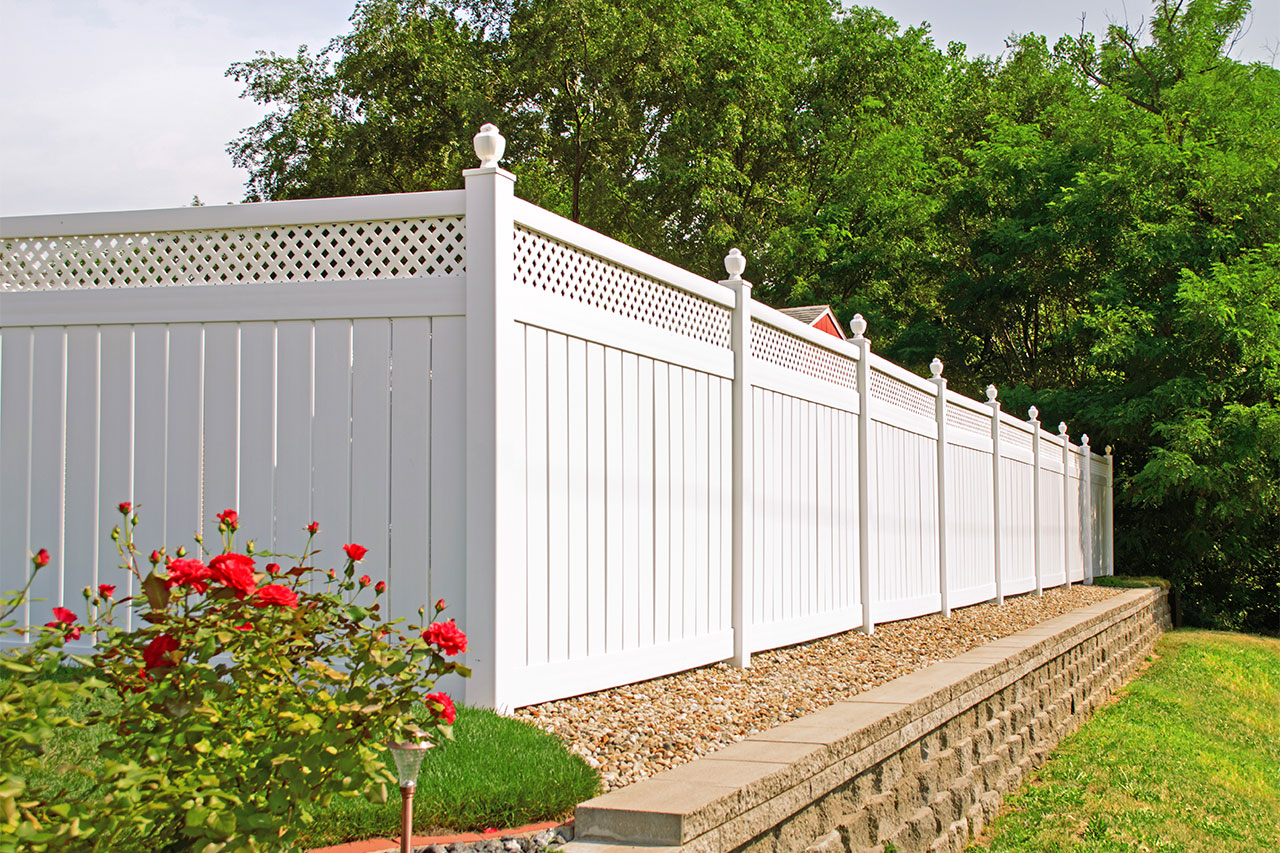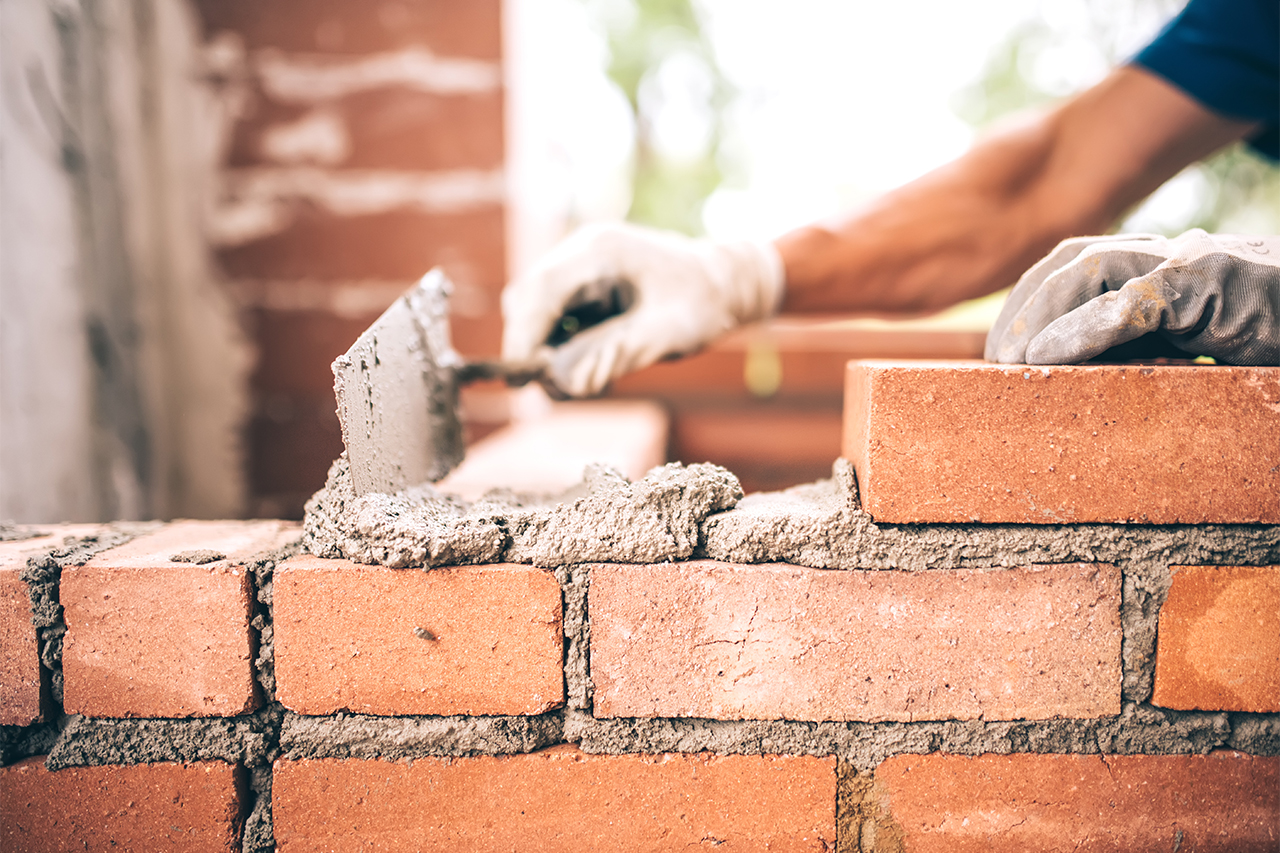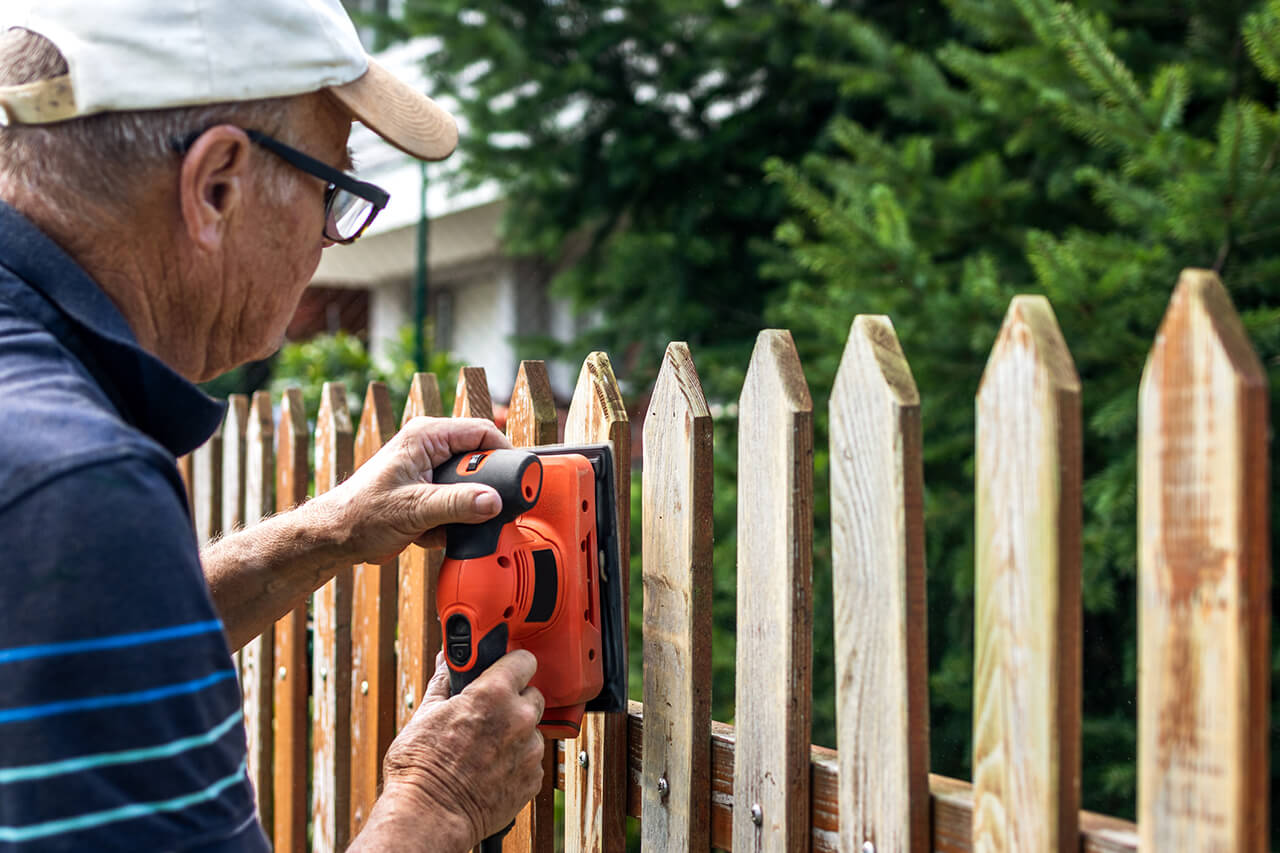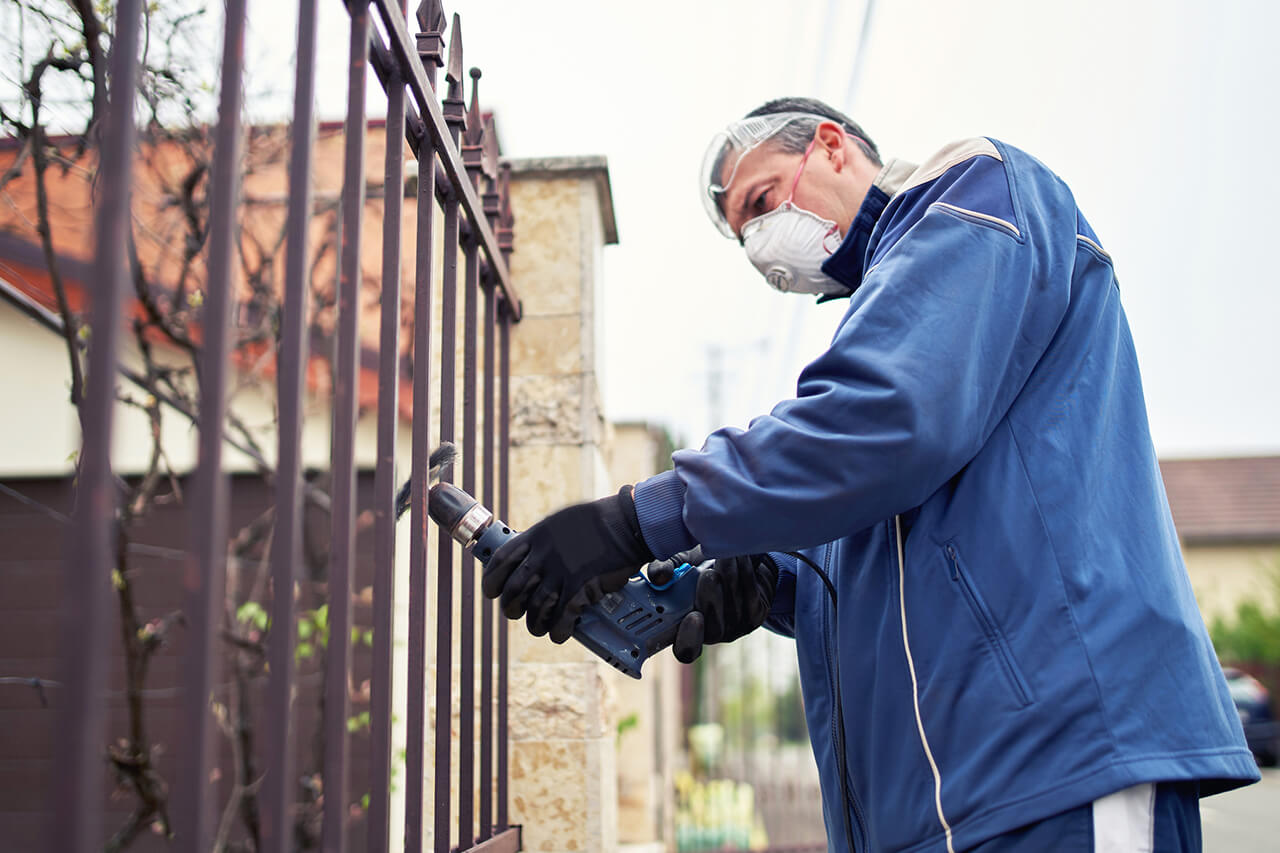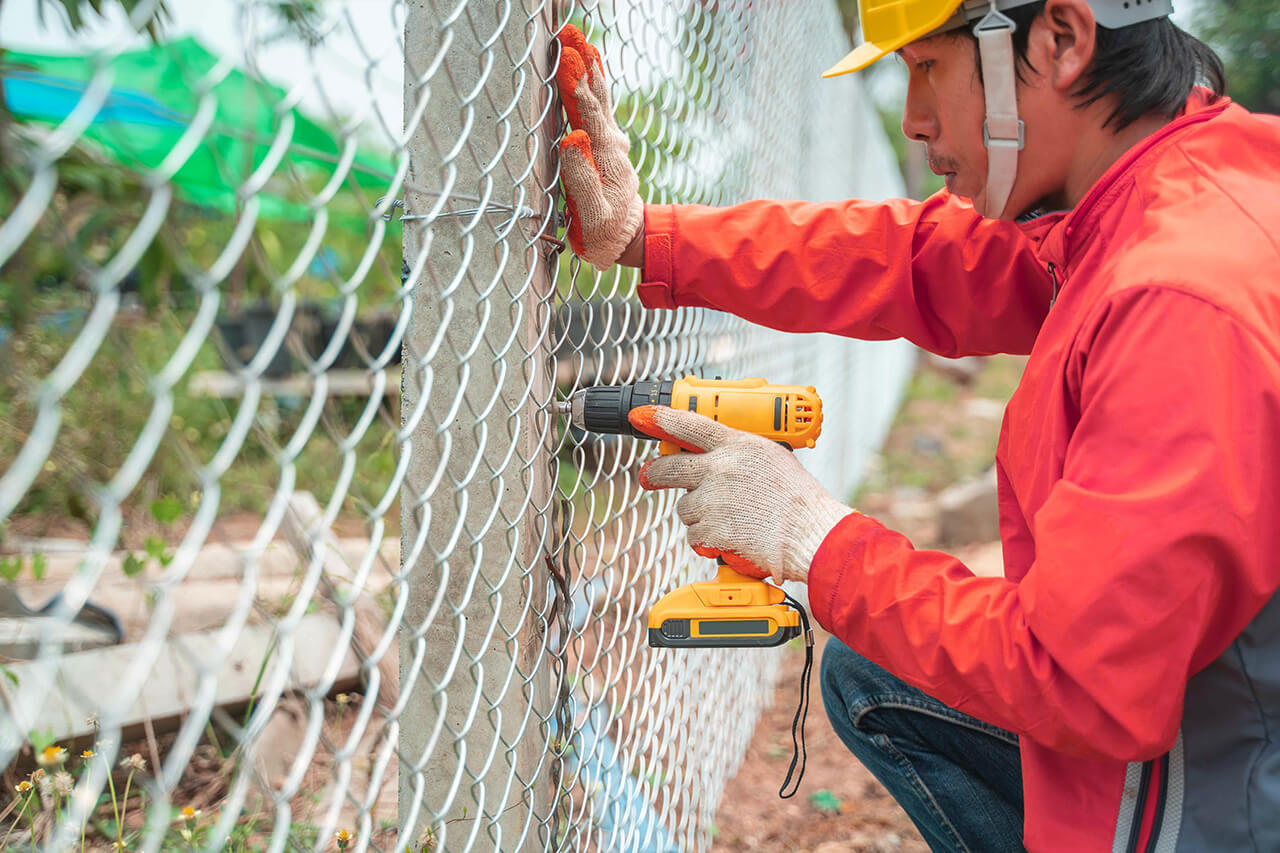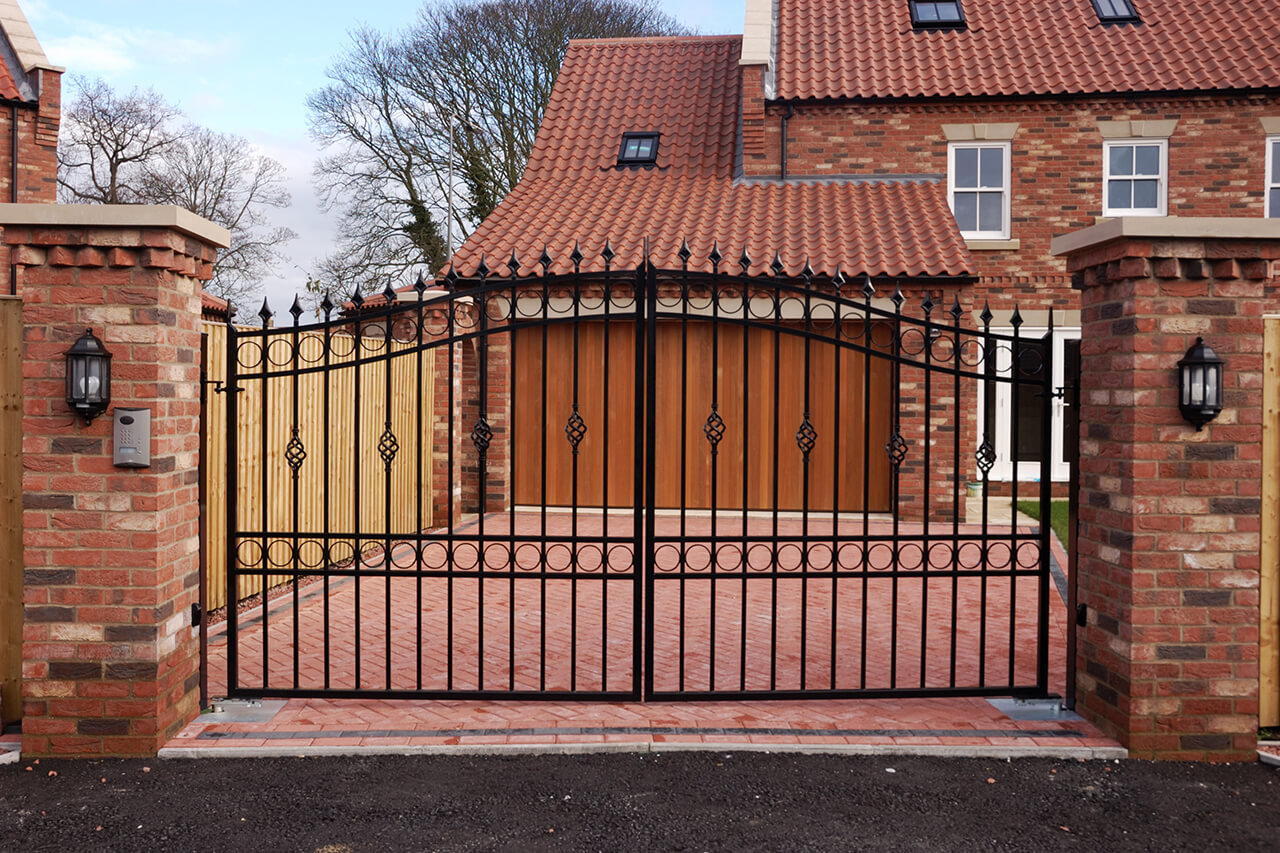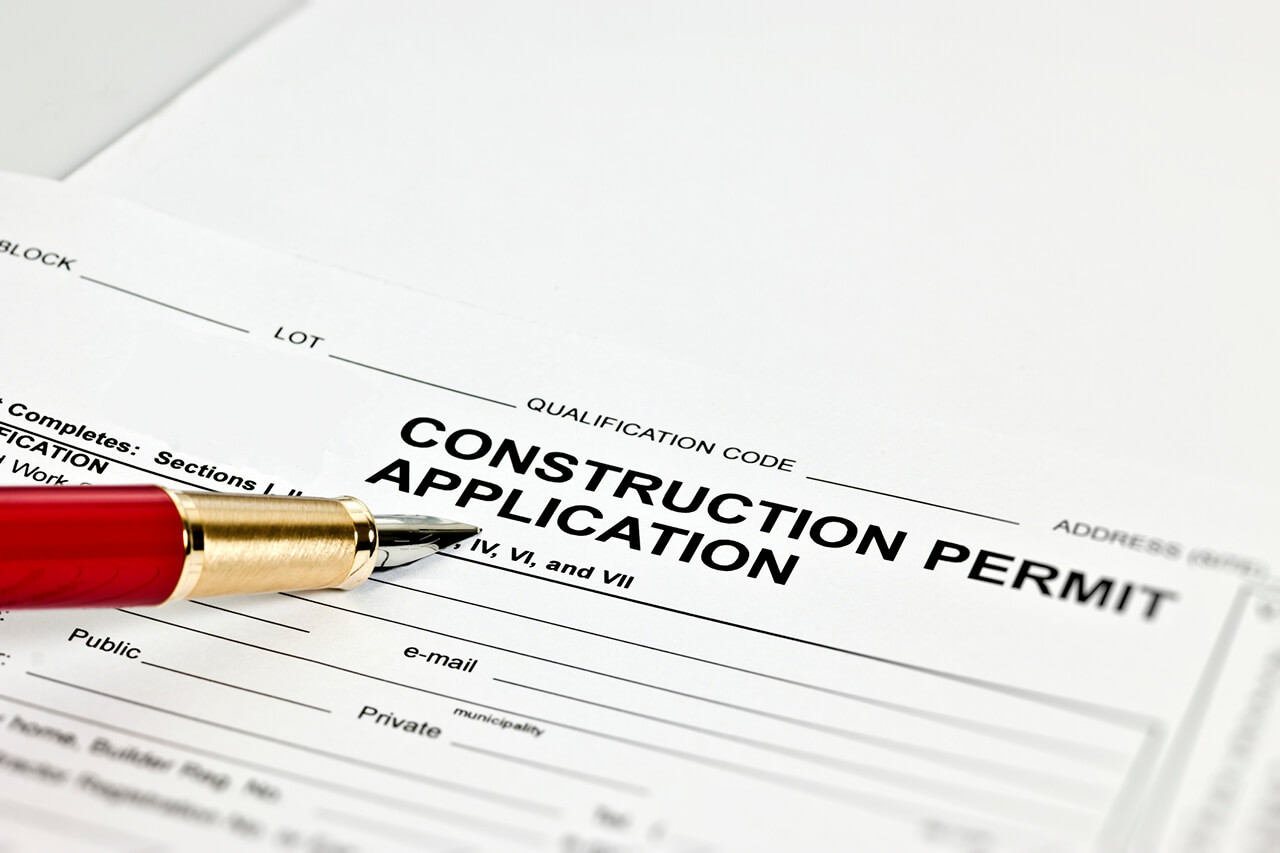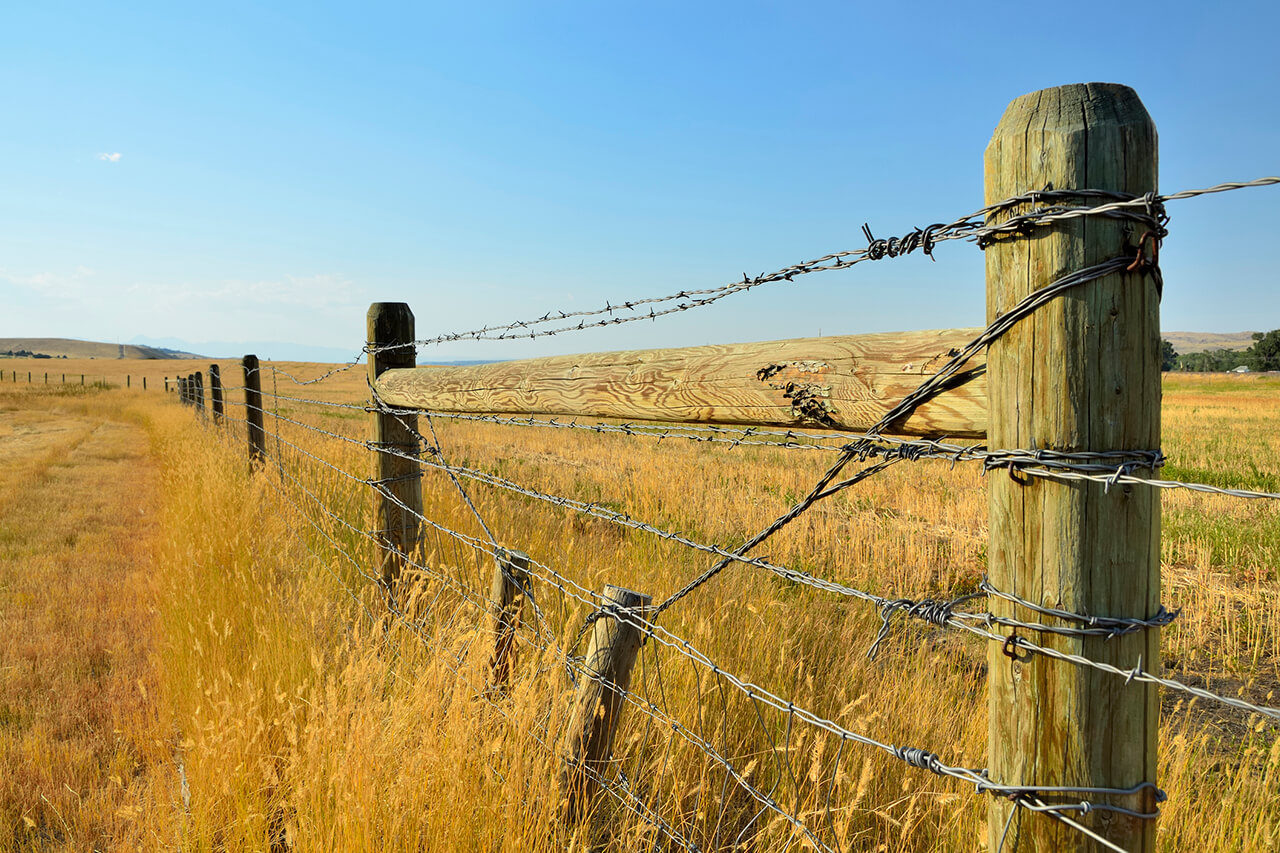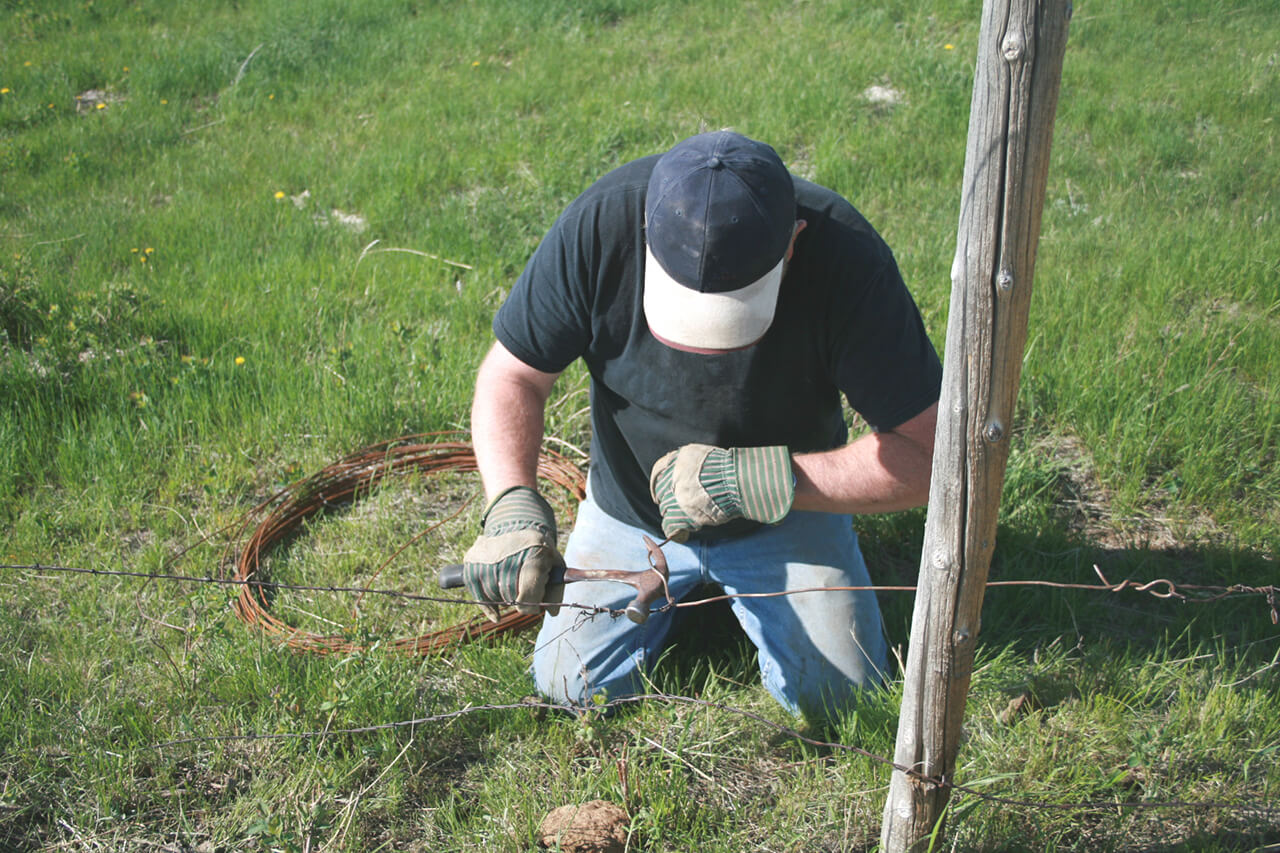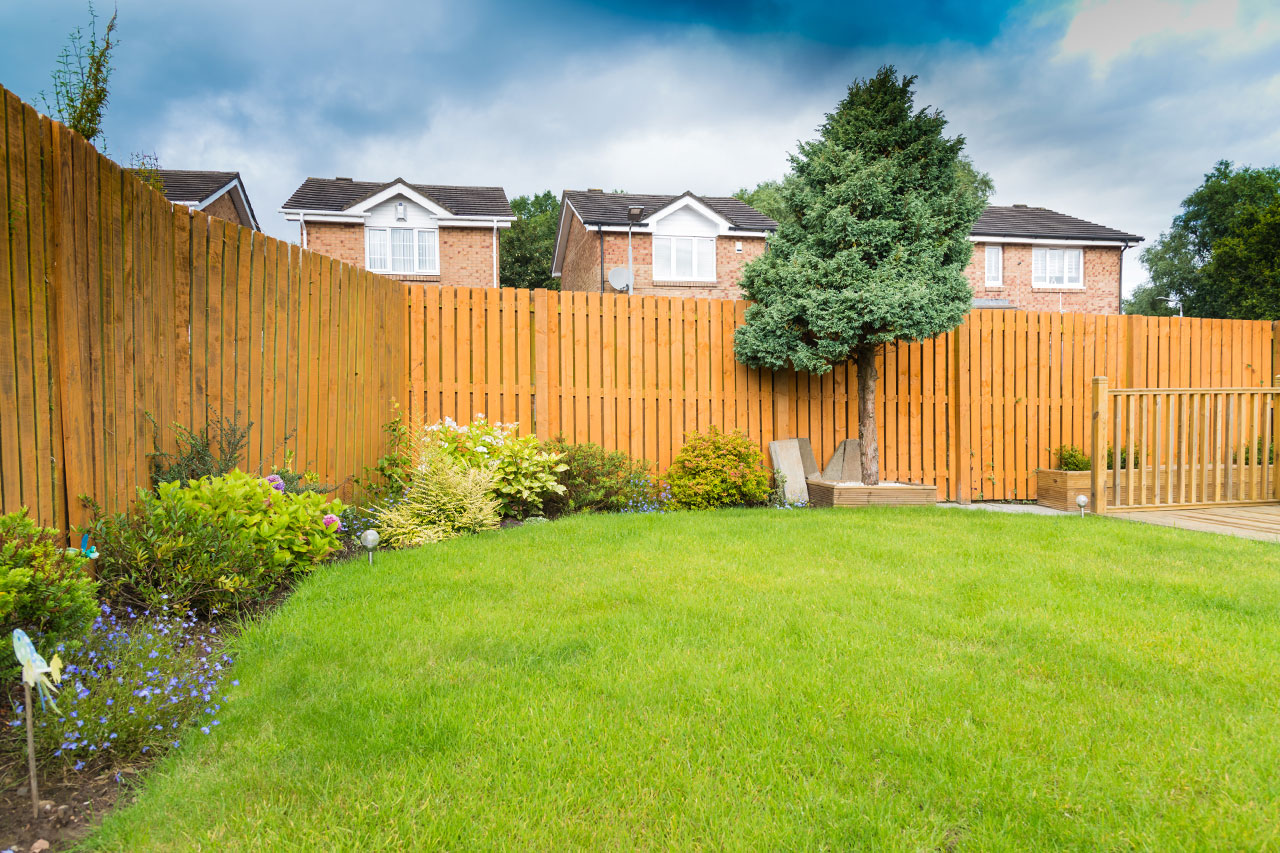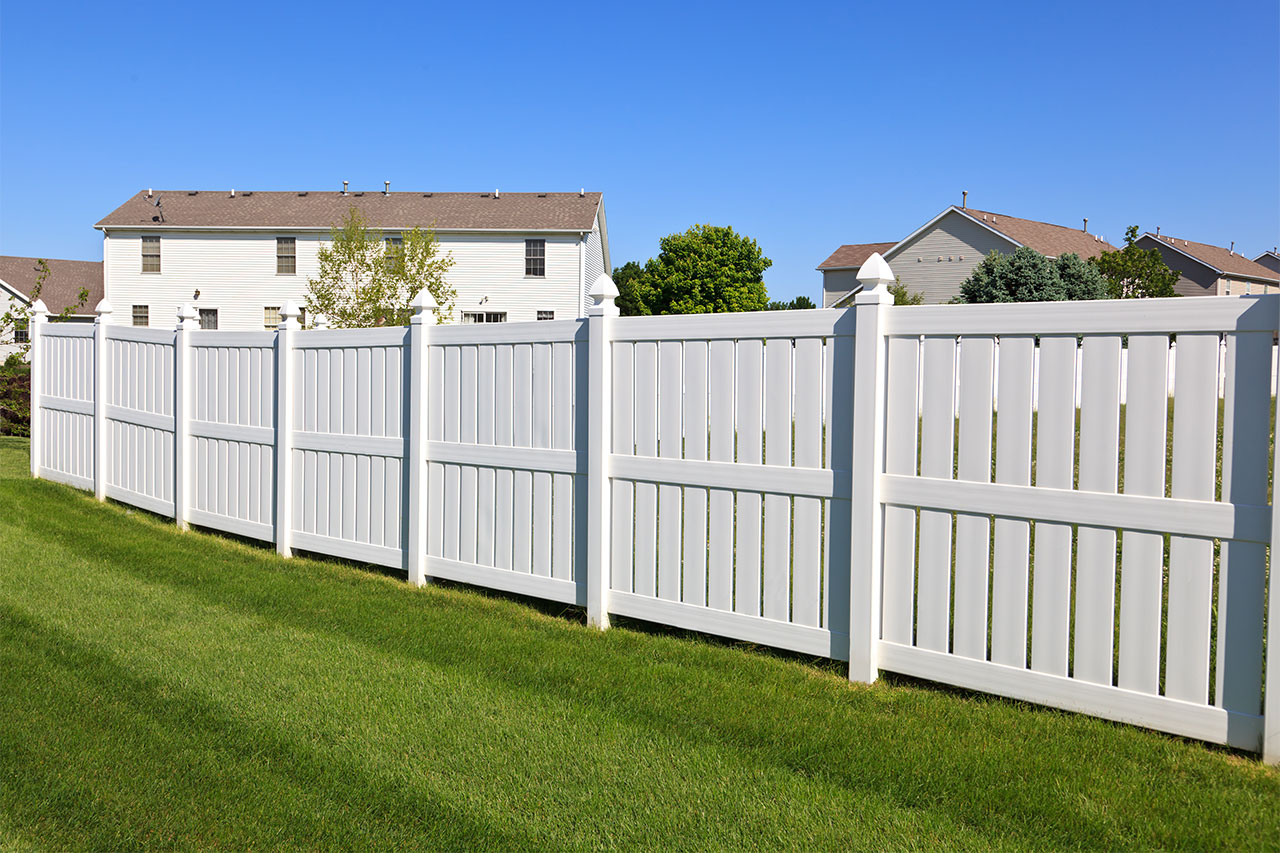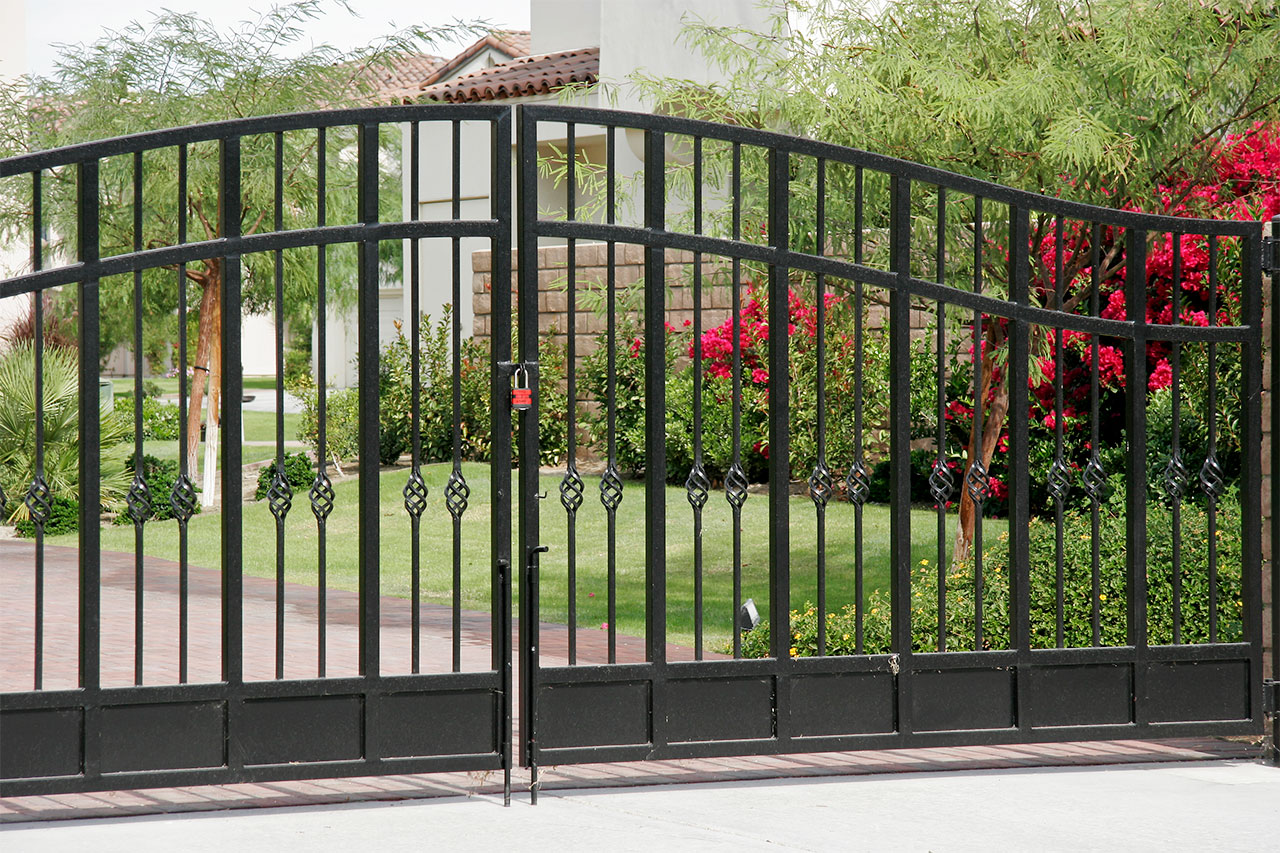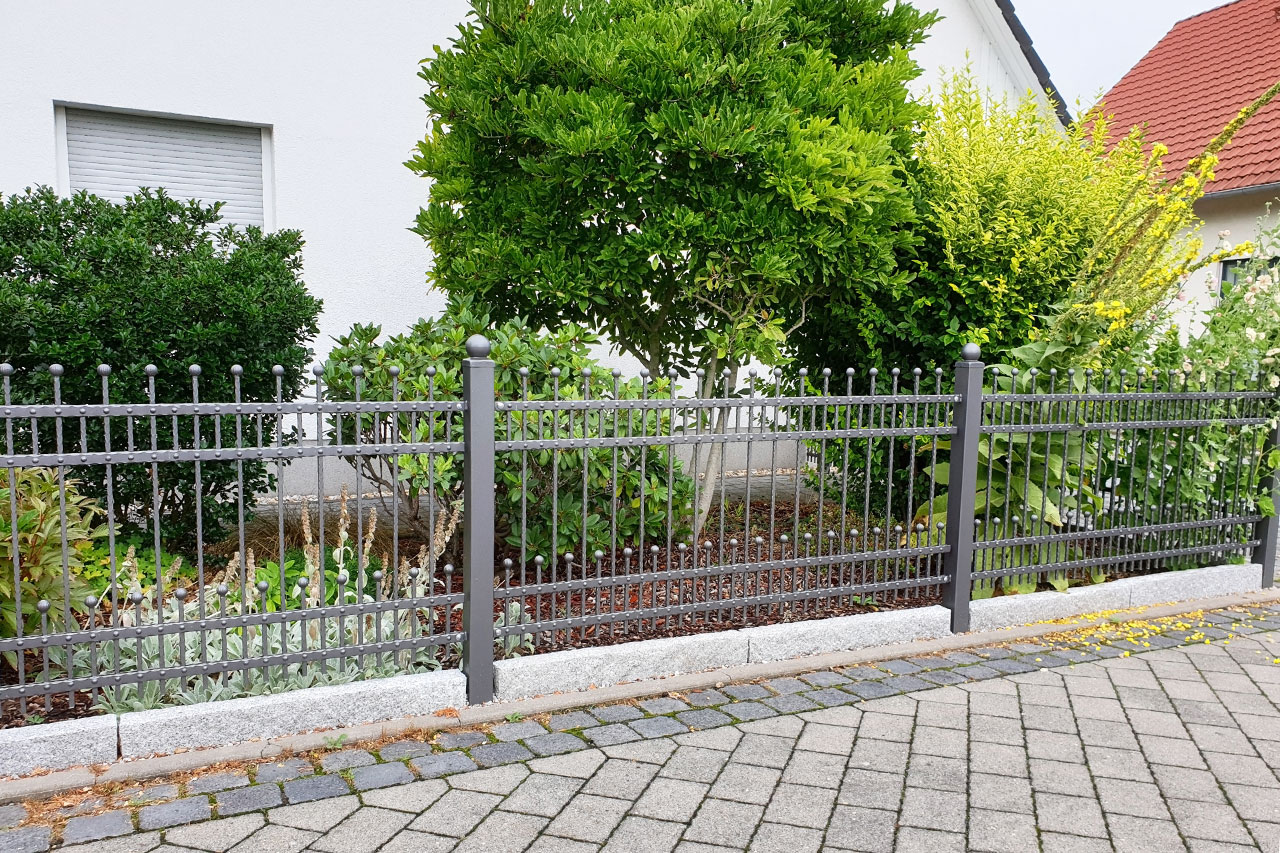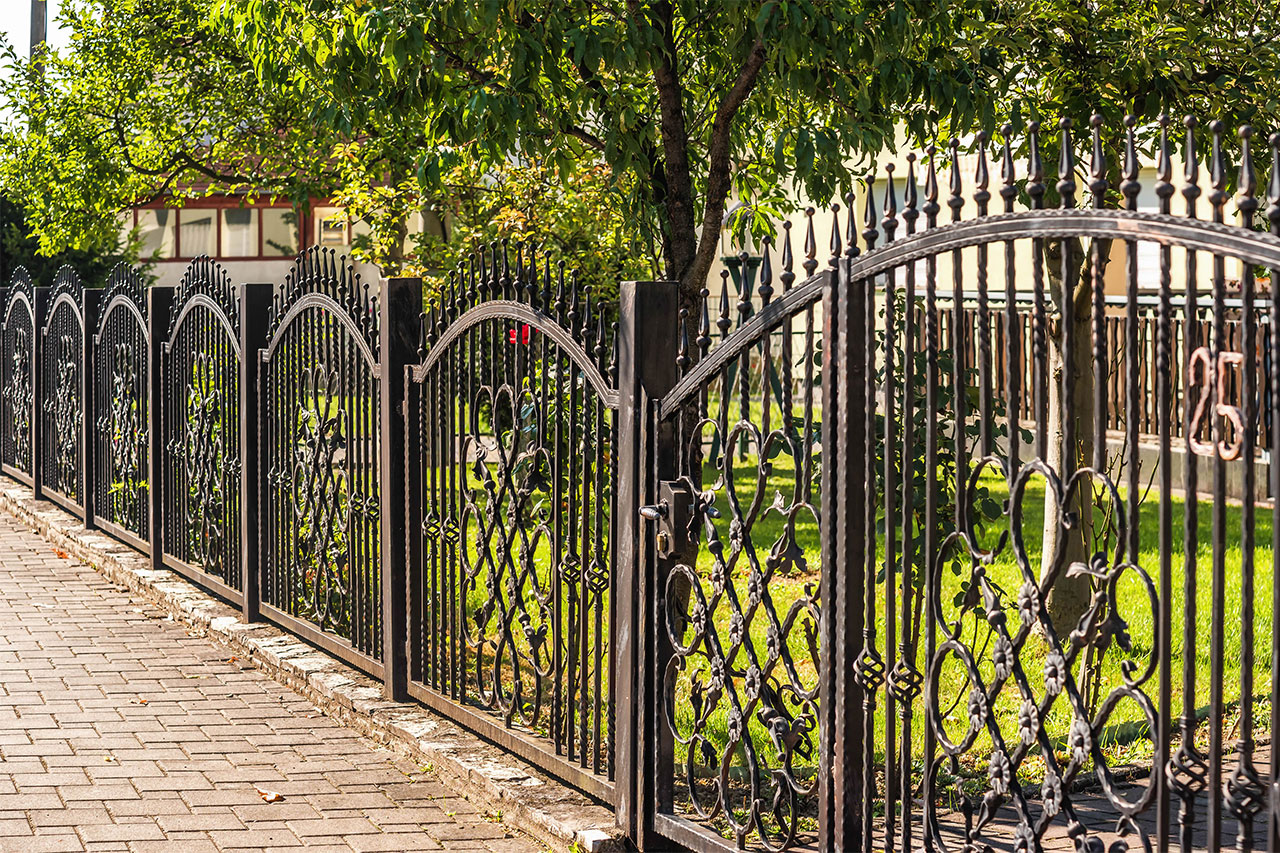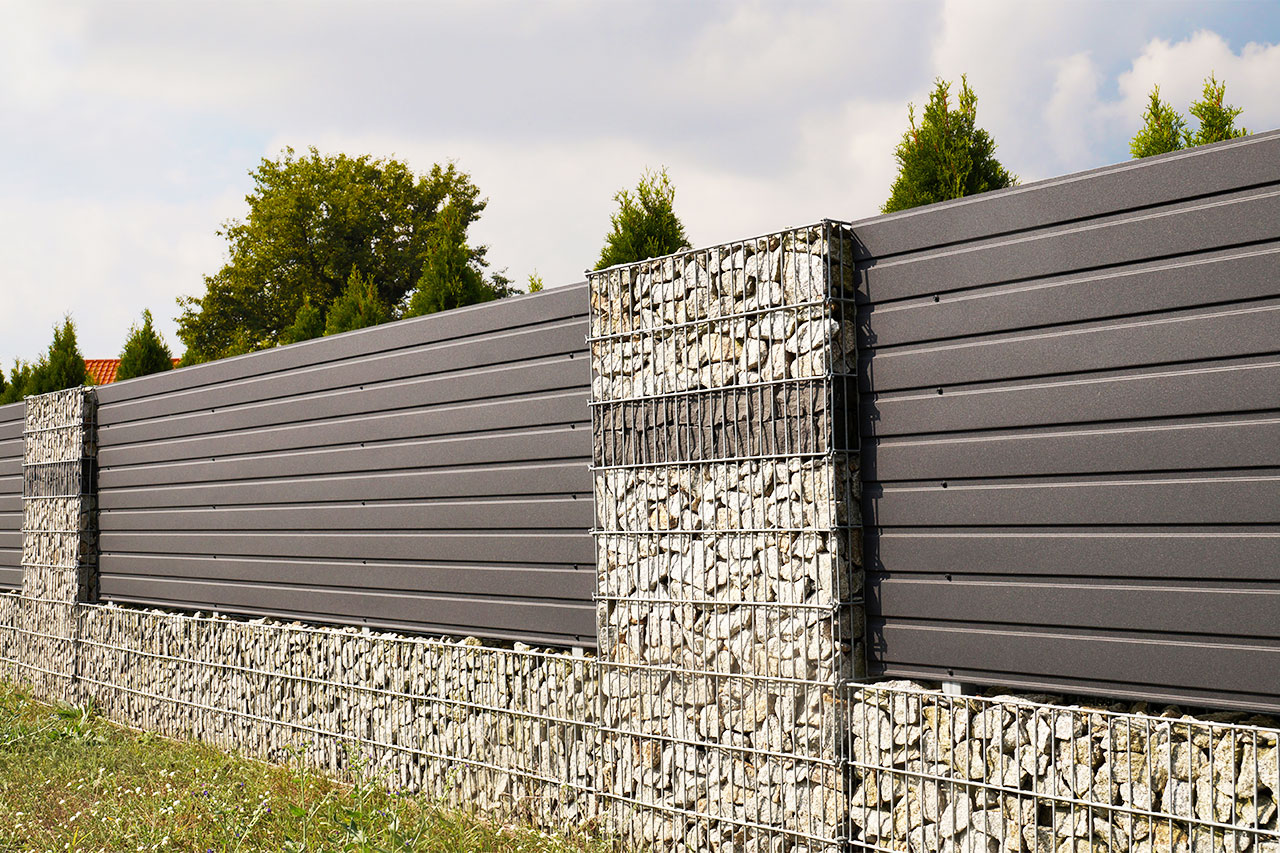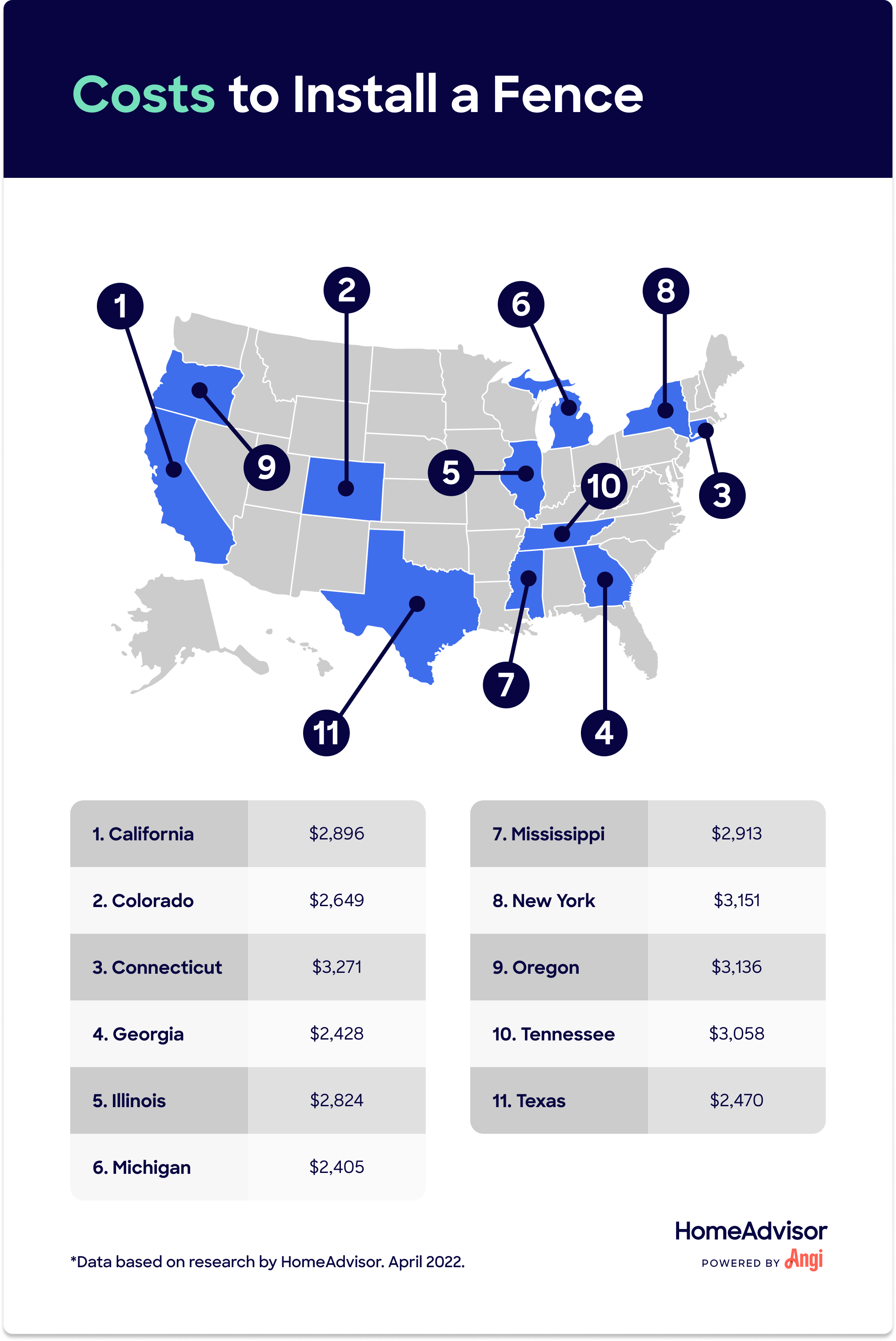Additional Cost Considerations
When planning your project, there are a few other factors to consider, like the cost for permits and surveys, land condition, removing your old fence, what kind of gate(s) you'll need, and the fence style.
Permits and Surveys
On average, fence building permits cost $20 to $60 if required. To find out if you need a permit, contact your local municipality. It's also worth paying the extra $400 to $750 for the cost of a land surveyor to measure your land. If you measure improperly, you may unintentionally build on land that’s not yours, leading to legal issues if there's a dispute.
Land Condition
Flat land with soft soil is the best for installing a fence. Expect higher fees if the land is sloped because installation is more complex and time-consuming. If you need it, lawn regrading costs about $1,000 to $3,200.
Old Fence Removal
You'll have to pay to remove your old fence if you're replacing it. Removal can run between $3 and $5 per linear foot or $450 to $750 for a 150-foot length. Removing the old fence yourself can save you money.
Gates
Your new fence will likely need a gate, and it can run anywhere from $150 to $600 or more for drive-through varieties. Expect to pay an additional $100 to $250 for labor.
Fence Installation by Style
The style you select will determine your fence costs. For example, wood picket fences require more time and care to install correctly. Decorative features like a lattice top will also impact overall installation costs.
DIY Fence Installation vs. Hiring a Professional
Installing a fence can make for a great DIY project if you have 30 to 50 hours to spend on it. It helps to have little experience tracking down building codes and permits and using basic tools like a shovel, hammer, drill, and circular saw. You can rent tools like a post-hole digger or auger from local hardware stores. You can also save time by using prefab fencing panels instead of installing your fencing board by board.
If you don't want to take on the entire project, there are multiple ways you can share the work with a fencing pro near you to save some money. Shop for materials to avoid paying your pro marked-up prices. Hire a contractor to dig post holes, erect posts, and set them in concrete, then take on the last step yourself and nail planks in place with a rented nail gun.
Of course, there are always some advantages to working with a pro. While they’ll charge a markup for materials, they sometimes receive discounts that could make the entire process more affordable for you. And most pros warranty their work, while any DIY mistakes may increase your cost.
